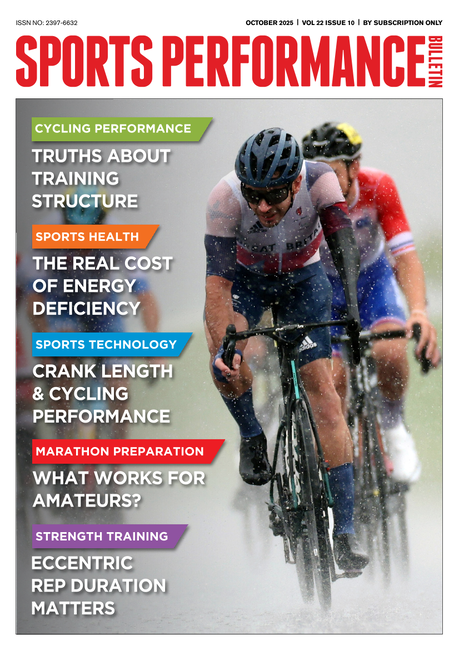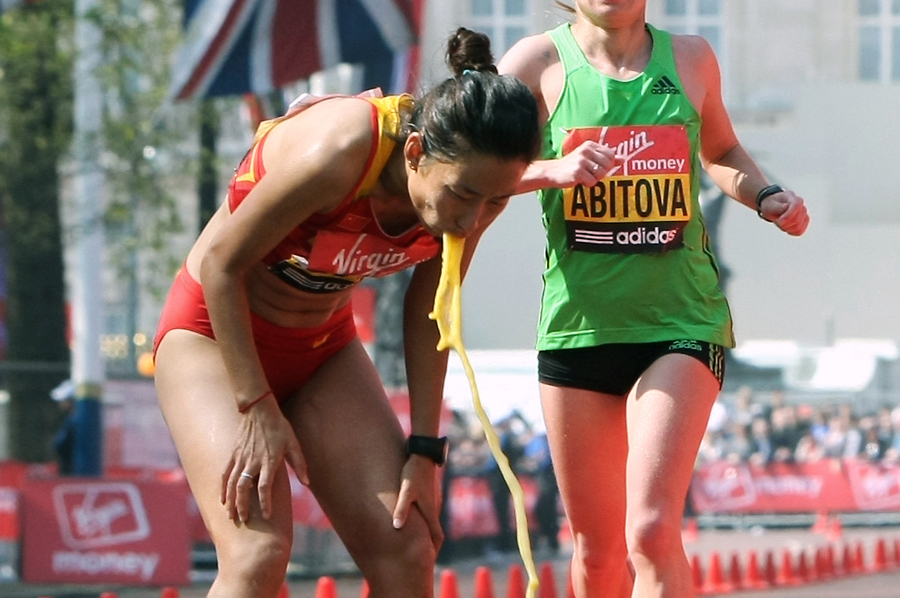Soccer performance: to load or not to load?

Assuming your diet is healthy and you’re drinking ample fluid, it’s no exaggeration to say that when it comes to endurance, your carbohydrate nutrition can make the difference between merely adequate and truly excellent performance. That’s because carbohydrate can be considered as your body’s 5-star fuel. Consuming the right amount of the right type of carbohydrate at the right time can dramatically extend your endurance and delay fatigue.
The fundamental importance of carbohydrate
The study of carbohydrate metabolism in relation to the field of sport and exercise is an area of investigation that is now over 100 years old. It was almost a century ago, when researchers first demonstrated that fatigue occurs earlier when subjects consume a low-carbohydrate diet (as compared with a high-carbohydrate diet) in the days preceding an exercise(1). Shortly afterwards, researchers also observed that runners who completed the 1923 Boston marathon exhibited hypoglycaemia (low blood sugar) immediately post-exercise, thus suggesting that low carbohydrate availability may be linked to fatigue(2).
These very early studies provided the initial evidence that carbohydrate was an important fuel source for sustaining exercise performance. However, it wasn’t until the development of muscle biopsy techniques in the late 1960s that sports science researchers were able to fully grasp the fundamental importance of carbohydrate for endurance exercise performance. In a series of studies by Scandinavian researchers, scientists discovered three key principles, upon which our current-day understanding is built upon(3-6). These key principles are as follows:
I. Muscle glycogen (stored muscle carbohydrate – the body’s 5-star fuel for high-intensity exercise performance) is depleted during exercise in an intensity dependent manner (see figure 1).
II. High-carbohydrate diets increase muscle glycogen storage and subsequently improve exercise capacity.
III. Depleting muscle glycogen with prior exercise then consuming a high-carbohydrate diet can boost muscle glycogen storage above and beyond normal storage levels.
A half a century later, these three principles still serve as the foundations for the current recommendations for modern-day sports nutrition practice(7).
Figure 1: Exercise intensity and glycogen depletion*
You need to be logged in to continue reading.
Please register for limited access or take a 30-day risk-free trial of Sports Performance Bulletin to experience the full benefits of a subscription. TAKE A RISK-FREE TRIAL
TAKE A RISK-FREE TRIAL
Newsletter Sign Up
Testimonials
Dr. Alexandra Fandetti-Robin, Back & Body Chiropractic
Elspeth Cowell MSCh DpodM SRCh HCPC reg
William Hunter, Nuffield Health
Newsletter Sign Up
Coaches Testimonials
Dr. Alexandra Fandetti-Robin, Back & Body Chiropractic
Elspeth Cowell MSCh DpodM SRCh HCPC reg
William Hunter, Nuffield Health
Keep up with latest sports science research and apply it to maximize performance
Today you have the chance to join a group of athletes, and sports coaches/trainers who all have something special in common...
They use the latest research to improve performance for themselves and their clients - both athletes and sports teams - with help from global specialists in the fields of sports science, sports medicine and sports psychology.
They do this by reading Sports Performance Bulletin, an easy-to-digest but serious-minded journal dedicated to high performance sports. SPB offers a wealth of information and insight into the latest research, in an easily-accessible and understood format, along with a wealth of practical recommendations.
*includes 3 coaching manuals
Get Inspired
All the latest techniques and approaches
Sports Performance Bulletin helps dedicated endurance athletes improve their performance. Sense-checking the latest sports science research, and sourcing evidence and case studies to support findings, Sports Performance Bulletin turns proven insights into easily digestible practical advice. Supporting athletes, coaches and professionals who wish to ensure their guidance and programmes are kept right up to date and based on credible science.









